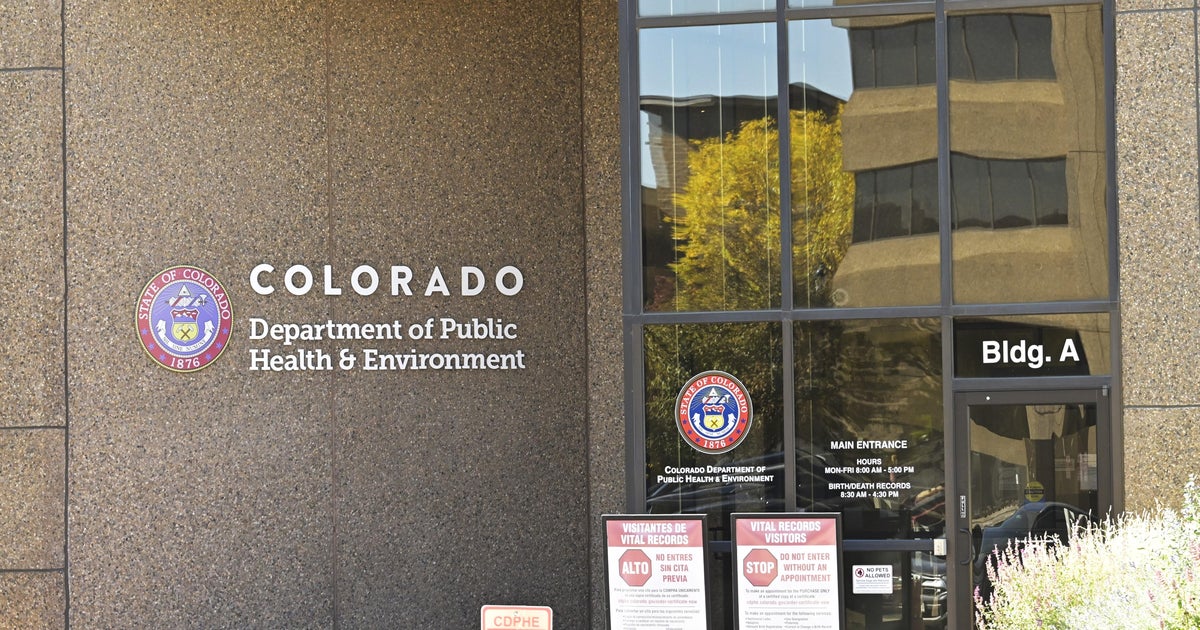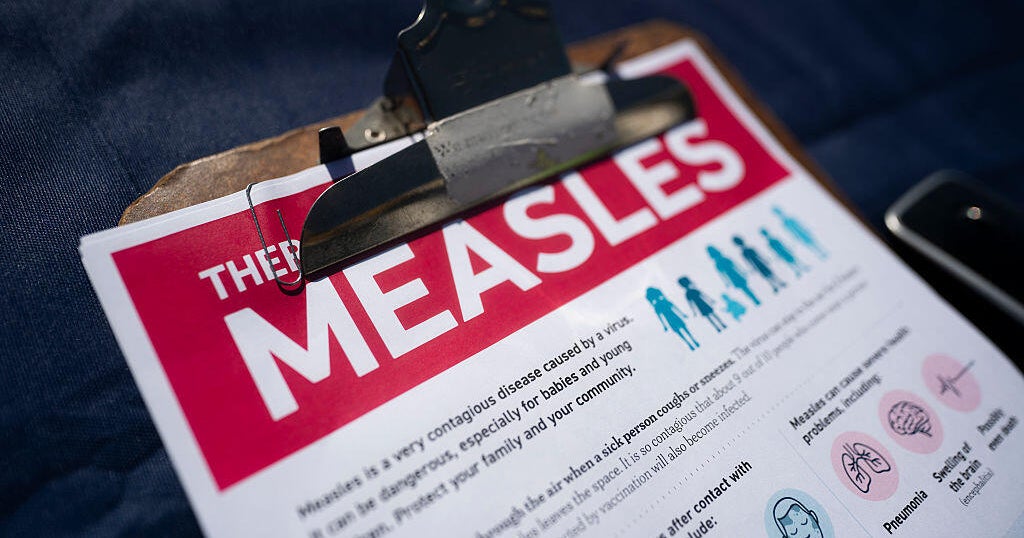Listeria outbreak linked to deli meats causes 3 deaths. Here's what to know about symptoms.
A listeria outbreak linked to sliced deli meats has killed three people and sickened at least 43 others across 13 states, according to an update Thursday from the Centers for Disease Control and Prevention.
A growing number of Boar's Head products have been recalled, including the brand's ready-to-eat liverwurst products and numerous deli and packaged meats, from ham to bologna and salami under the Boar's Head and Old Country brands.
"Epidemiologic, laboratory, and traceback data show that meats sliced at delis, including Boar's Head brand liverwurst, are contaminated with Listeria and are making people sick," the CDC said on its website.
The states currently impacted by the outbreak include: Georgia, Illinois, Indiana, Maryland, Massachusetts, Minnesota, Missouri, New Jersey, New York, North Carolina, Pennsylvania, Virginia and Wisconsin.
Deaths have occurred Illinois, New Jersey and Virginia.
What is listeria?
Listeria is a type of bacteria that can cause illness known as listeriosis. The CDC defines listeriosis as "a serious infection usually caused by eating food contaminated with the bacterium Listeria monocytogenes."
It is especially harmful to people who are pregnant, elderly (aged 65 or older) or who have weakened immune systems.
An estimated 1,600 people get listeriosis each year, and about 260 die, according to the agency.
To avoid illness, the CDC recommends people at higher risk avoid eating meats sliced at the deli or heat them to an internal temperature of 165°F or until steaming hot before eating. Refrigeration does not kill listeria.
"Products sold at the deli, especially those sliced or prepared at the deli, can be contaminated with Listeria," the CDC notes on its website. "Listeria spreads easily among deli equipment, surfaces, hands and food."
The current outbreak has been linked to contaminated deli meat, but other types of food can also pose risks if they get contaminated with the bacteria, including unpasteurized raw milk or products made with it, or raw vegetables that had contact with listeria in the soil or fertilizer, the Mayo Clinic explains.
Symptoms of listeria infection
Signs and symptoms of listeria infection can vary. For intestinal illness, which usually starts within 24 hours after eating contaminated food and lasts around 1 to 3 days, symptoms include diarrhea and vomiting.
"This kind of illness is rarely diagnosed because laboratories do not regularly test patient stool (poop) samples for Listeria," the CDC notes. But this can develop into invasive illness, which is when the bacteria spreads beyond the intestines.
Symptoms of invasive illness, or invasive listeriosis, generally start within 2 weeks after eating contaminated food. Symptoms for non-pregnant people include:
- Fever
- Flu-like symptoms, such as muscle aches and fatigue
- Headache
- Stiff neck
- Confusion
- Loss of balance
- Seizures
"Symptoms in non-pregnant people can be severe," the CDC notes. "Almost 1 in 6 non-pregnant people with invasive listeriosis die."
For pregnant people, symptoms also include fever and flu-like symptoms. While the symptoms are usually milder, and some pregnant people never even experience symptoms, the infection can harm the baby, leading to "miscarriage, stillbirth, premature delivery, or life-threatening infection of the newborn," the CDC warns.







